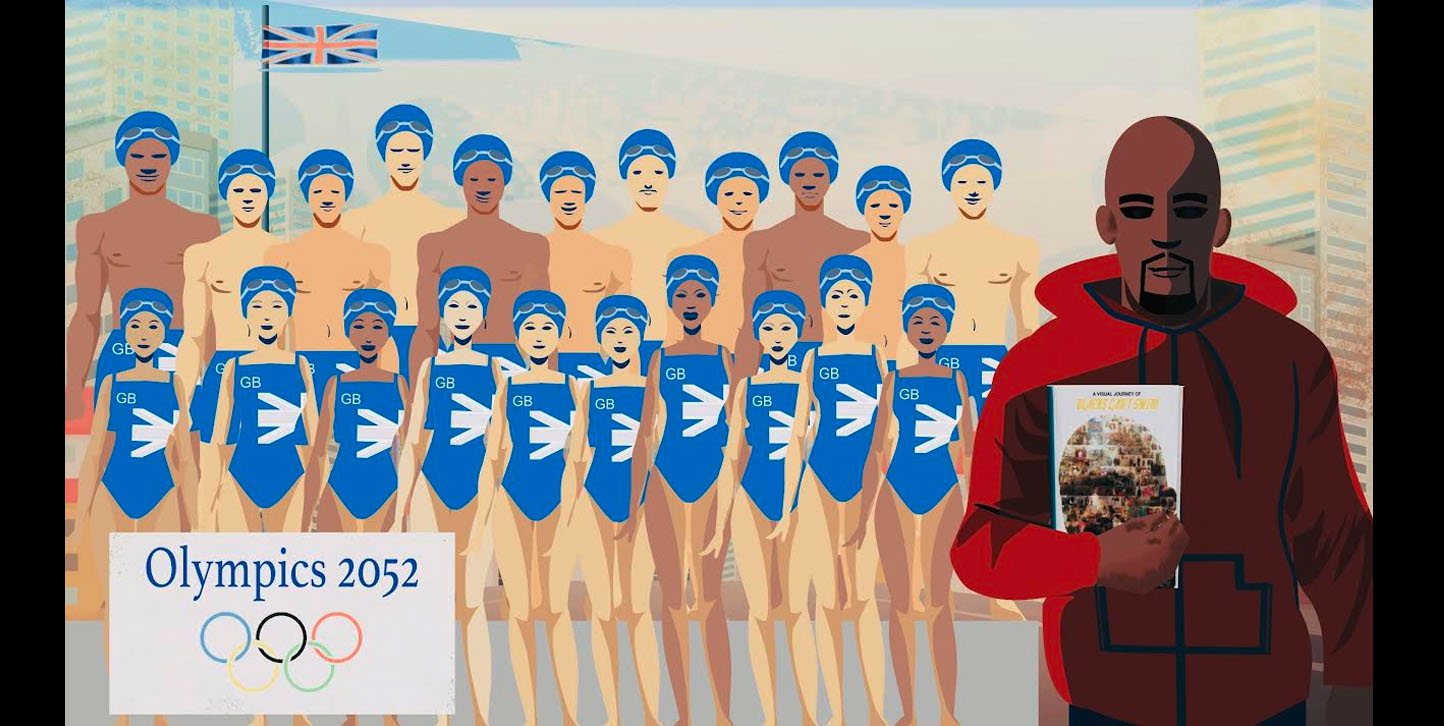
Team GB’s swimming team unlikely to reflect diversity of Great Britain & Northern Ireland until 2052 Olympic Games!
Please get in touch if you would like more details on how you can help change the narrative. We have a number of educational resources for proffessional organizations, screening packages and 3 documentries that will you help understand the story on a deeper level.
Team GB’s swimming team is unlikely to reflect the diversity of Great Britain and Northern Ireland until the 2052 Olympic Games at the earliest, the co-founder of the Black Swimming Association (BSA) has warned.
Ed Accura, who is also the producer of the Blacks Can’t Swim series of documentaries on SKY and Amazon Prime, said white, middle-class athletes will continue to dominate the squad for at least another 30 years because of deep-rooted cultural and economic barriers that prevent youngsters from working class minority backgrounds from accessing the sport. Research suggests that less than five per cent of Black and Asian children are currently regular swimmers, and fewer still compete at regional, county, or national level.
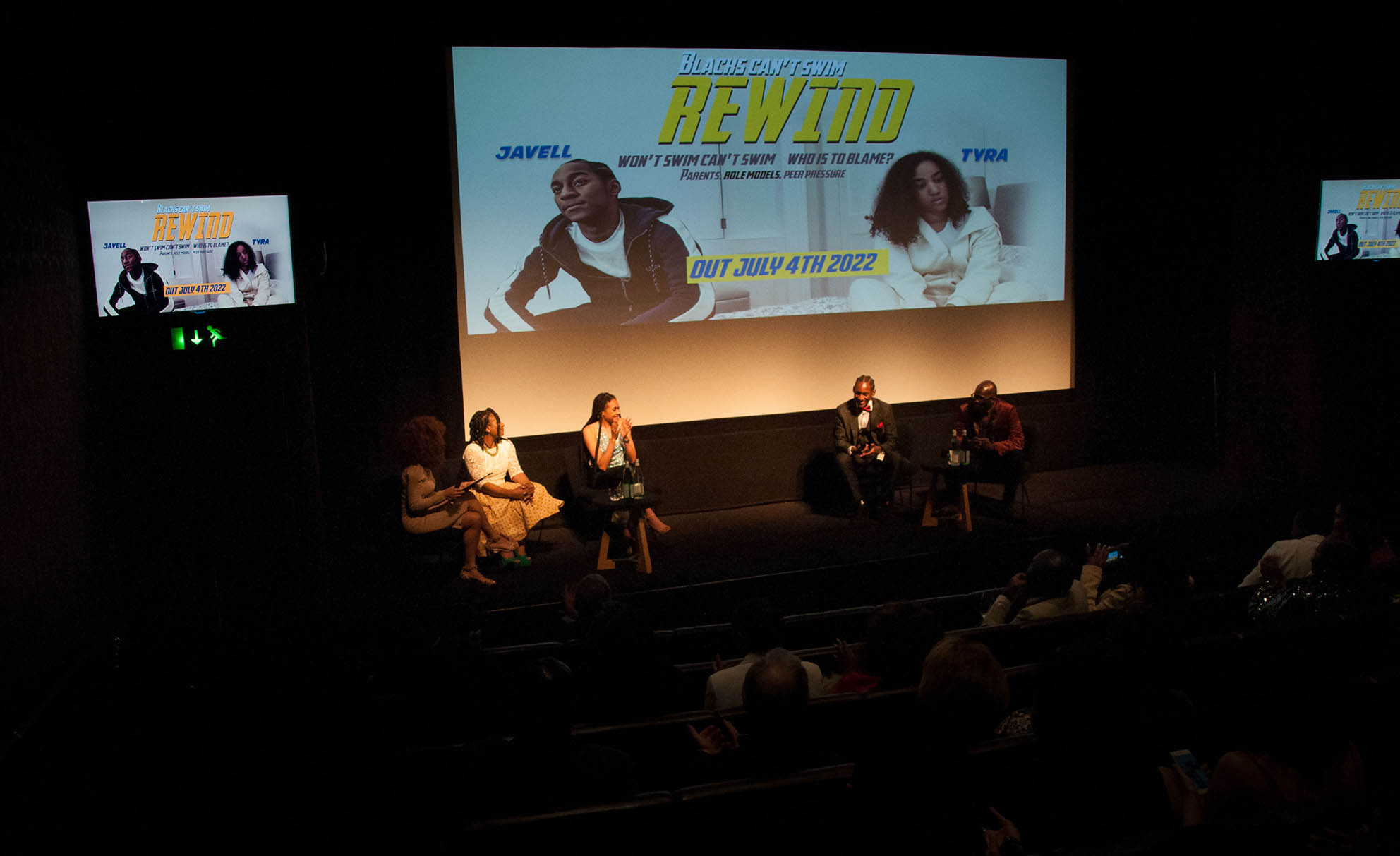
The closure of affordable inner-city swimming pools and the rising cost of club fees, lessons, and equipment is said to have precluded many people from the African, Caribbean and Asian communities, which on average earn 16 per cent less than white workers. But the long-standing stereotype that minority ethnic groups have ‘heavier bones’ and are less buoyant than white people, though untrue, is also to blame for low participation. Many youngsters grow up with an inherent fear of the water and are discouraged from swimming and other aquatic disciplines for their own safety, Accura said. Others view swimming as a “privileged white pursuit” and, with few high-profile role models for inspiration, turn to land-based sports like football and running that are both cheaper and more ethnically diverse.
While the number of participants is rising, it could take decades before the African, Caribbean, and Asian communities are meaningfully represented at commonwealth, world, or Olympic level, he added. Accura, 56, who himself only learned to swim four years ago, said the statistics have life-threatening implications.
He said Black children are three times more likely to drown than white children, and that lives will be lost this summer unless priorities are heightened, costs are driven down and society makes it easier for ethnic minorities to learn to swim.
Speaking at the launch of his new book, A Visual Journey of Blacks Can’t Swim, released to coincide with the third anniversary of the Black Swimming Association’s foundation, he said: “Black and minority ethnic athletes have long been at the heart of Team GB’s Olympic achievements, but unfortunately this is not the case with swimming.
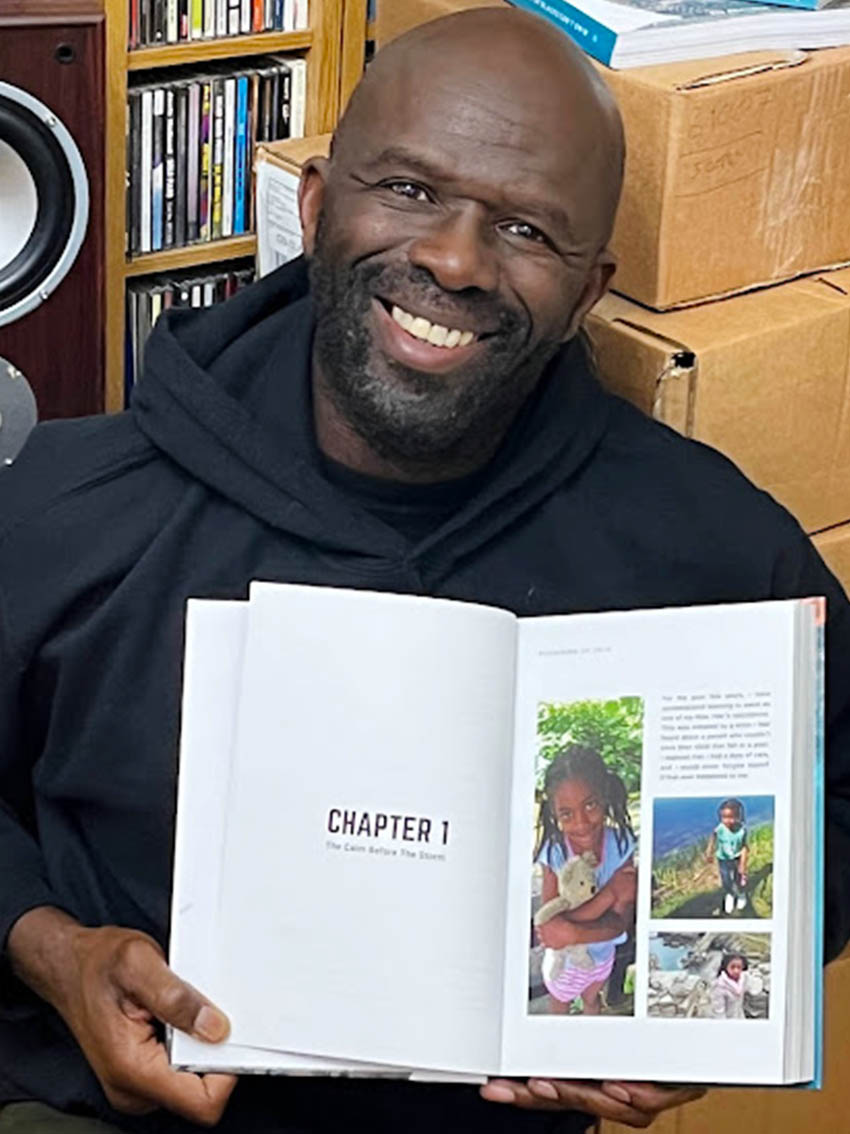
“The national swimming squad has and will continue to suffer from an ethnicity gap until such a time that the disparity between young white children and young African, Caribbean and Asian swimmers is closed.
“At present, only a fraction of African, Caribbean, and Asian children can swim and, despite the inroads we are making as an organisation, that figure is unlikely to rise spectacularly in anything less than a generation given the socio-economic barriers that young people in these communities still face.
“With such low numbers of African, Caribbean, and Asian swimmers, it is no surprise that there are so few role models emerging onto the world competitive stage. This, in turn, creates a vicious cycle where young people have no heroes in the sport to emulate, and little incentive to learn in the first place.

“It will in my personal view take many years to break this cycle so we may not expect to see a truly diverse British swimming team until the 2052 Olympics, or even longer.”
According to Sport England, 95 per cent of Black adults and 80 per cent of Black children in England do not swim at all, while only one per cent of registered swimmers with governing body Swim England identify as Black or mixed race.
Other research has found that 87 per cent of people who go swimming are white British, compared with less than two per cent who are Black.
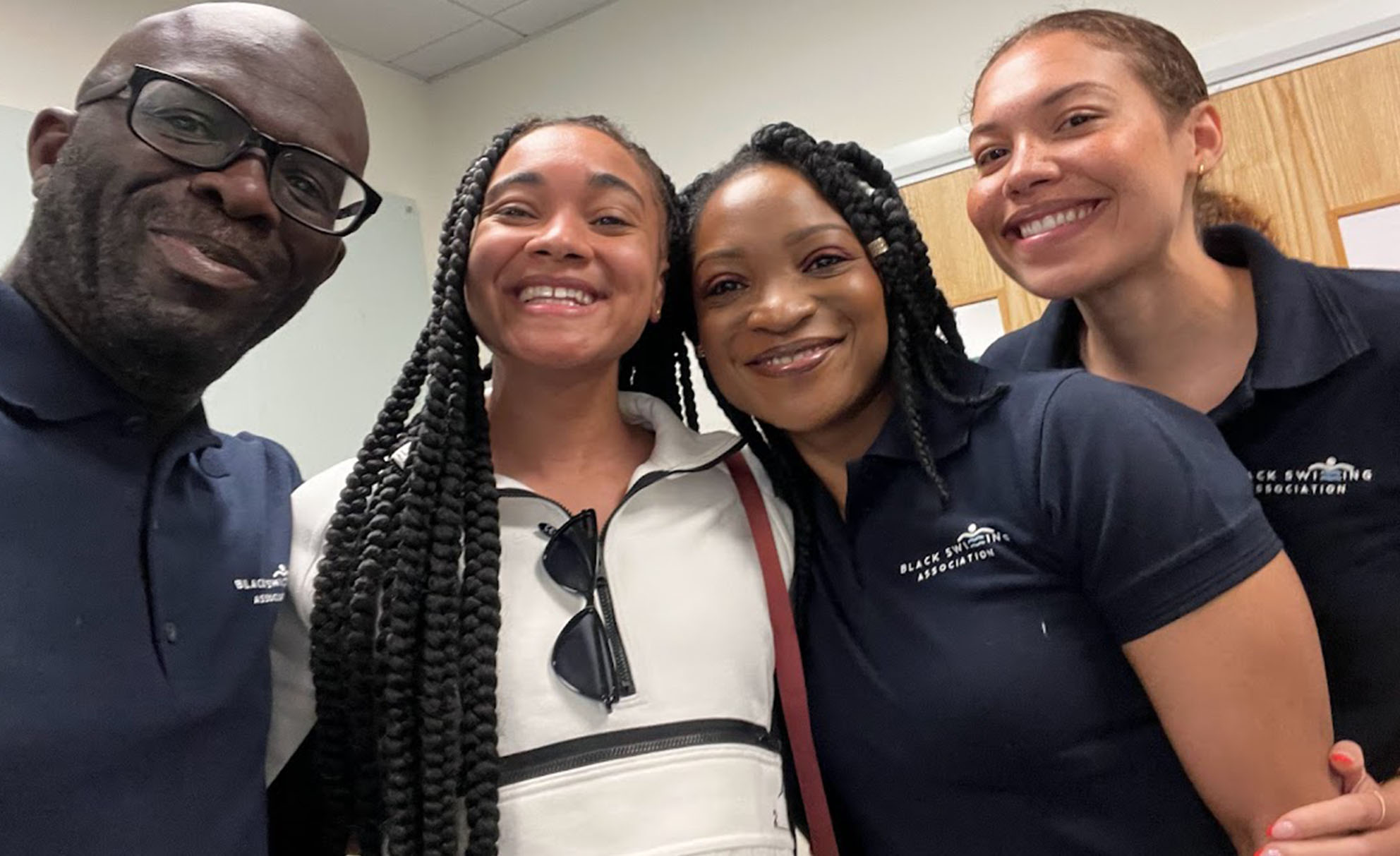 The BSA’s co-founder, Alice Dearing, made history in 2021 when she became the first Black woman to compete for Team GB in an Olympic swimming event. But Accura emphasis that Dearing is currently the only Black person on Team GB’s
The BSA’s co-founder, Alice Dearing, made history in 2021 when she became the first Black woman to compete for Team GB in an Olympic swimming event. But Accura emphasis that Dearing is currently the only Black person on Team GB’s
roster of more than 40 professional swimmers. Accura, whose efforts to increase participation was described by PM Rishi Sunak as ‘inspirational’, believes the barriers preventing Black and minority ethnic groups from taking the plunge can be removed in a matter of years through better education and by underpinning the costs of tuition and training with the public purse. Until that happens, he said tens of thousands of Black and Asian pupils will continue to leave school every year without the necessary skills to stay safe in the water. This means that African, Caribbean, and Asian children are less likely to engage in swimming throughout their lives and that white, middle-class athletes will continue to dominate the sport for years to come. Accura said: “Work is being done to increase aquatic participation and water safety knowledge and skills within the African, Caribbean, and Asian communities, such as the BSA’s own Together We Can programme, and there is hope, through research, advocacy and education, of breaking down these barriers and changing the narrative in the next generation. “Swimming is an essential life skill, but this will only establish itself within the communities if parents acknowledge it as a priority and the aquatic sector really begins to understand the severity of the disproportionate number of people from African, Caribbean, and Asian backgrounds who are not water safety aware.
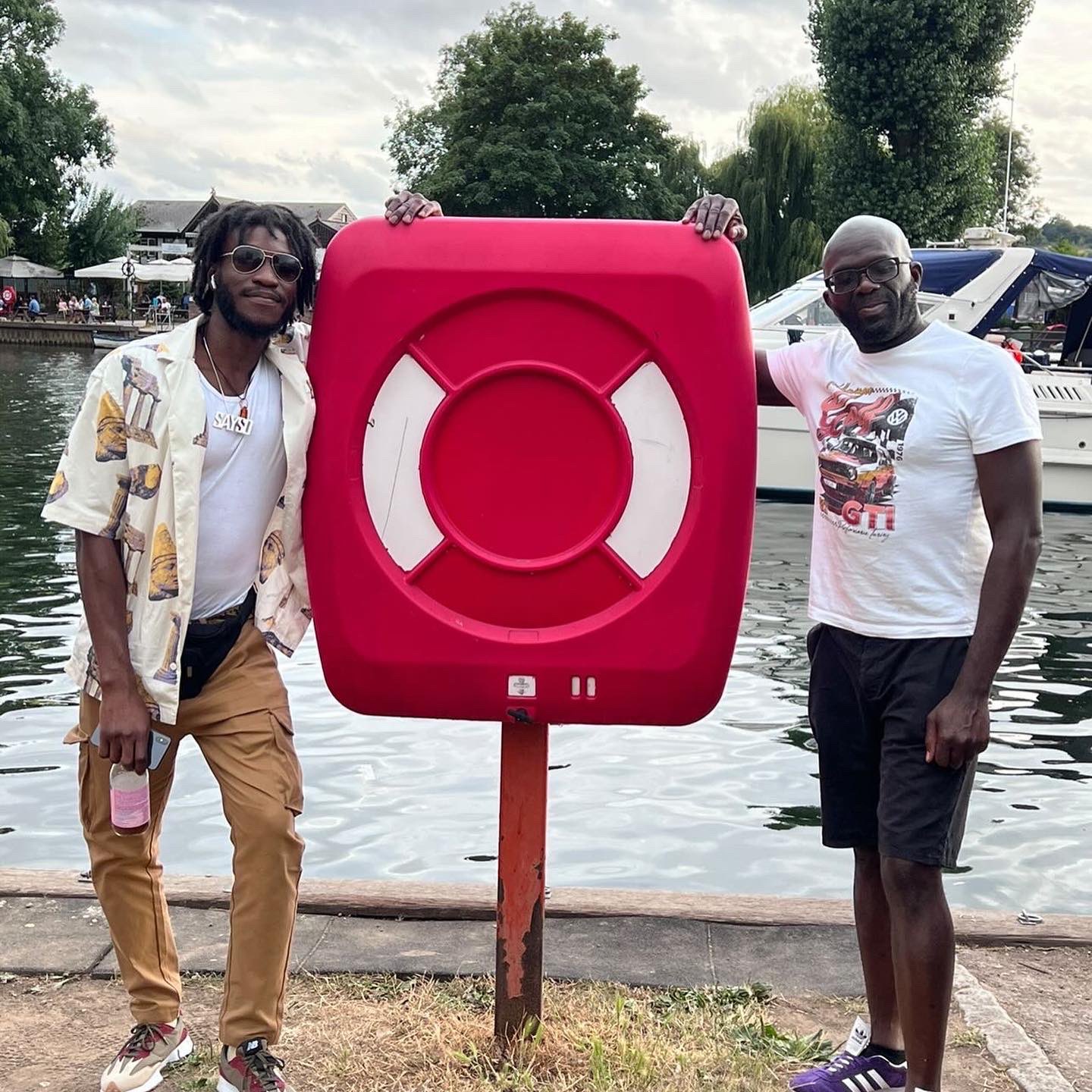
“With the summer fast approaching, when the temptation to get in water is higher than at any other time of the year, we need to get this message across to avoid further drownings through peer pressure and lack of water safety knowledge.”
NEWSLETTER SIGNUP


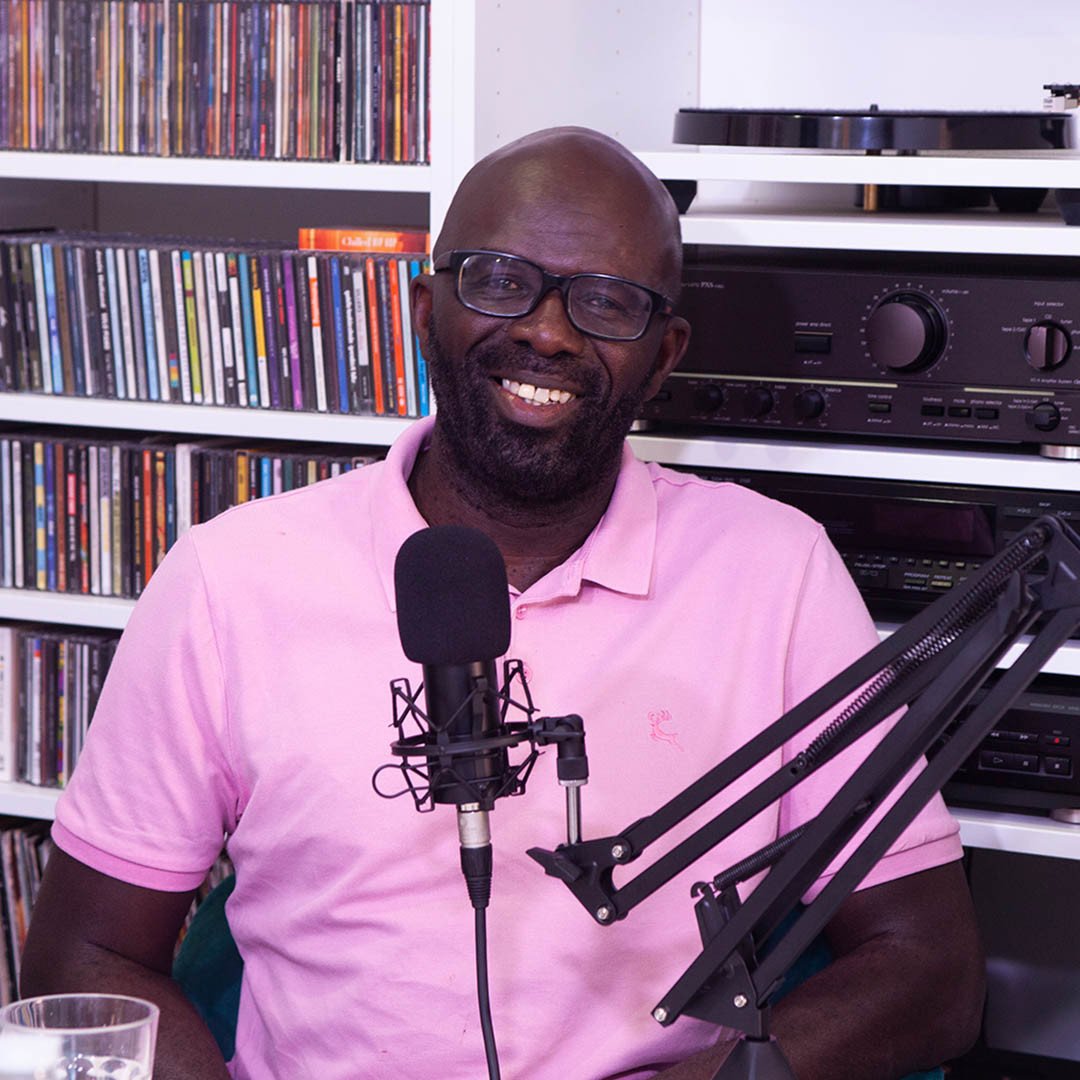


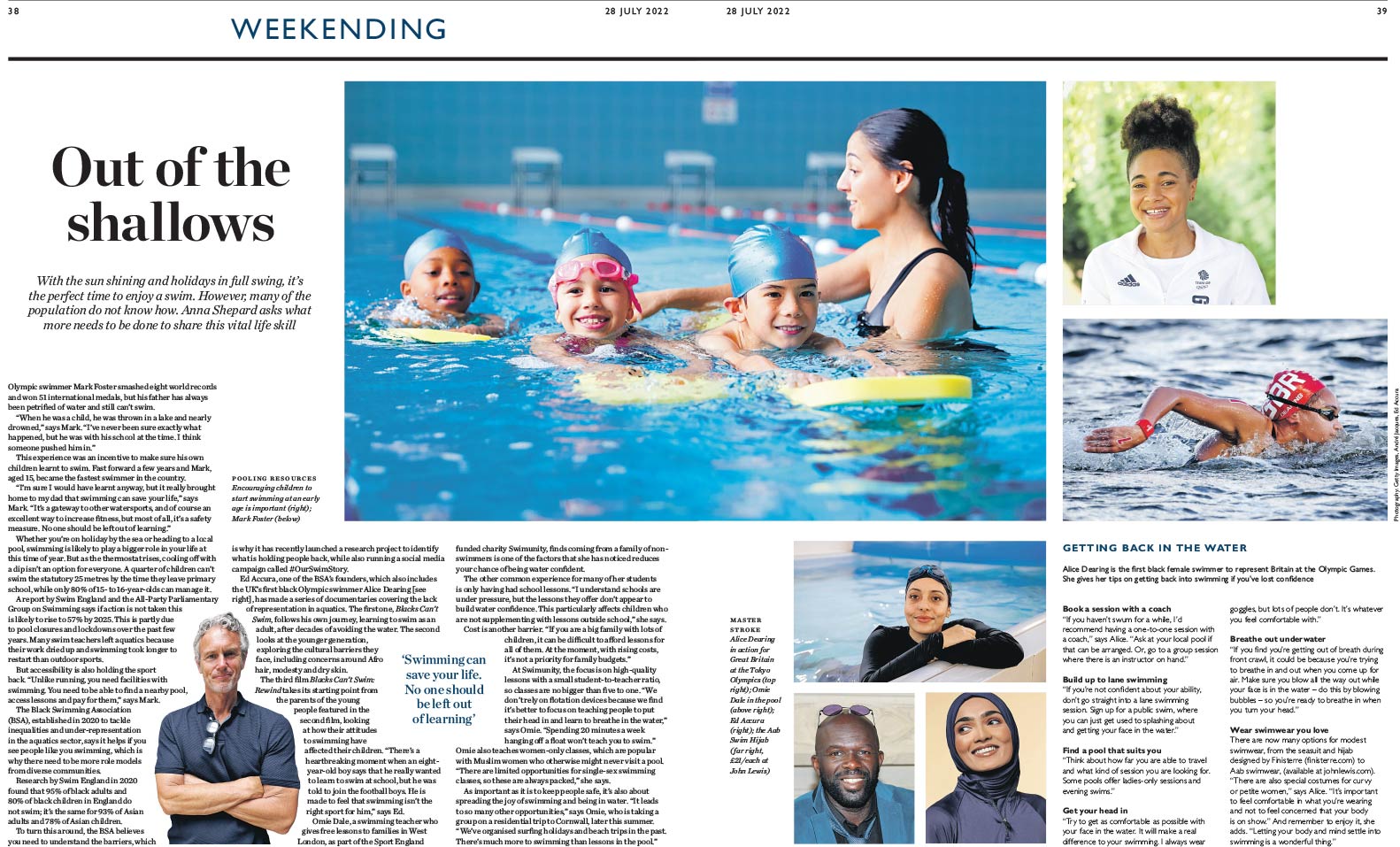
Your point of view caught my eye and was very interesting. Thanks. I have a question for you.